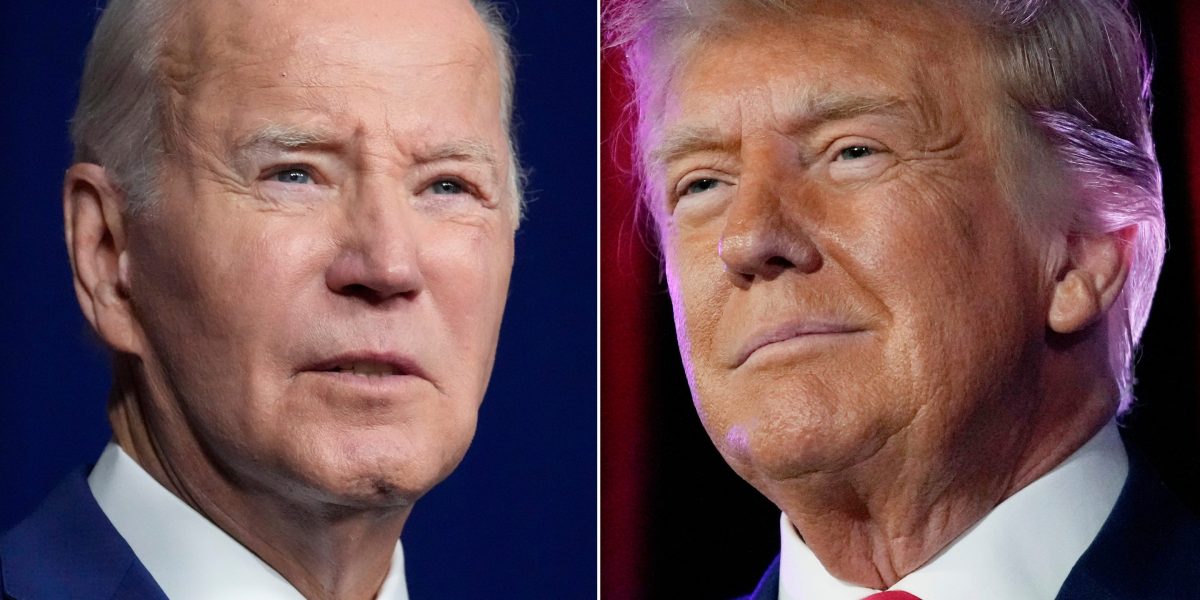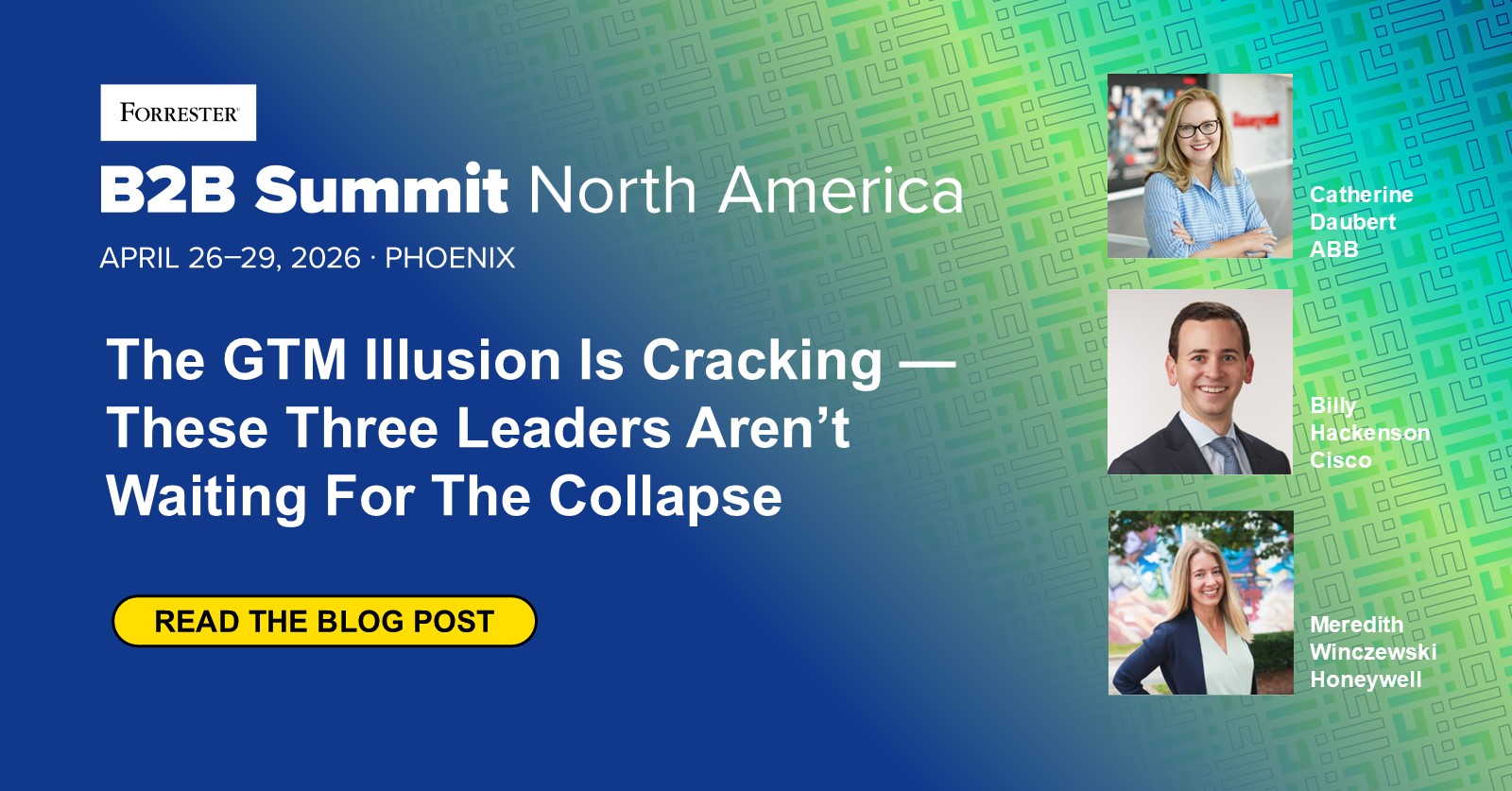For decades, the 401(k) has been the backbone of retirement planning in America. Millions of workers contribute faithfully, expecting their savings to grow steadily over time. But behind the scenes, corporate loopholes and hidden practices can siphon away gains, leaving retirees with less than they anticipated. Seniors who depend on these funds for financial stability may be shocked to learn how much of their nest egg is quietly eroded by fees, conflicts of interest, and opaque investment structures.
The Loophole Explained
At the heart of the issue are “revenue-sharing agreements” between investment firms and plan administrators. These arrangements allow companies to collect hidden fees from retirement accounts, often without clear disclosure to workers. While employers tout low-cost plans, the reality is that backdoor deals funnel money away from participants and into corporate coffers. Over decades, even small percentages compound into significant losses.
How It Works
The system behind hidden retirement fees operates in ways that are often difficult for seniors to detect. Investment funds may charge management fees that aren’t clearly disclosed, quietly reducing the value of savings over time. In many cases, plan administrators also receive revenue-sharing kickbacks from fund providers, creating incentives to steer workers into higher-cost options rather than those that would maximize returns. To make matters worse, fee details are often buried deep in 401(k) statements or presented in opaque reporting formats, making it nearly impossible for participants to track the true costs of their plans. These seemingly small charges add up quickly—compounding losses mean that even a 1% annual fee can reduce retirement savings by tens of thousands of dollars over a lifetime, leaving seniors with far less financial security than they expected.
Why Seniors Should Care
Retirees often assume their 401(k) balances reflect honest growth. In reality, hidden fees can erode gains just when seniors need them most. For those living on fixed incomes, every dollar matters. The corporate loophole means retirees may have less money for healthcare, housing, and daily expenses. Seniors who worked hard for decades deserve transparency, not hidden drains on their savings.
The Emotional Toll
Beyond finances, the loophole creates frustration and distrust. Seniors who discover their savings were siphoned away feel betrayed by institutions they trusted. The emotional impact of realizing decades of contributions yielded less than expected can be devastating. Retirement should bring peace of mind, not anxiety about hidden losses.
What You Can Do
While the loophole may be systemic, seniors can still take meaningful steps to protect themselves. One of the most important actions is to review plan documents carefully, paying close attention to fee disclosures that may be buried in fine print. Retirees should also ask employers or plan administrators for clarity on revenue-sharing agreements, which often obscure costs that erode savings. For those seeking greater control, rolling over funds into IRAs can reduce exposure to hidden fees and provide more transparent investment options. Working with fiduciary advisors—professionals legally obligated to act in a client’s best interest—adds another layer of protection. Finally, staying informed by monitoring industry news about reforms and lawsuits targeting unfair practices ensures seniors remain aware of changes that could impact their retirement security.
Calls for Reform
Advocacy groups and lawmakers are pushing for greater transparency in retirement plans. Proposals include requiring clearer fee disclosures, banning revenue-sharing agreements, and holding employers accountable for plan quality. Critics argue that without reform, millions of workers will continue losing money to corporate loopholes. Seniors, who rely most heavily on retirement savings, stand to benefit the most from stronger protections.
Protect What You Earned
The corporate loophole siphoning away 401(k) gains is a hidden threat to retirement security. Seniors who worked hard deserve to enjoy the full fruits of their savings, not see them drained by opaque fees and backdoor deals. Awareness and proactive management are key to protecting what you’ve earned.
Have you reviewed your 401(k) for hidden fees? Share your experience—it could help others safeguard their savings.
You May Also Like…
6 Things No One Has Told You About Your 401K That You Need to Know Now
6 Reasons Your 401K Is Losing Money and How to Stop The Bleeding
Retire at 50 with Just $2.5M? The Brutal Truth + 4 Dead-Simple Things to Make It Happen Before You’re 60
10 Retirement Strategies That Leave Couples Financially Stranded in Their 60s
Why Many Seniors Underestimate Their Tax Bills After Retirement


























